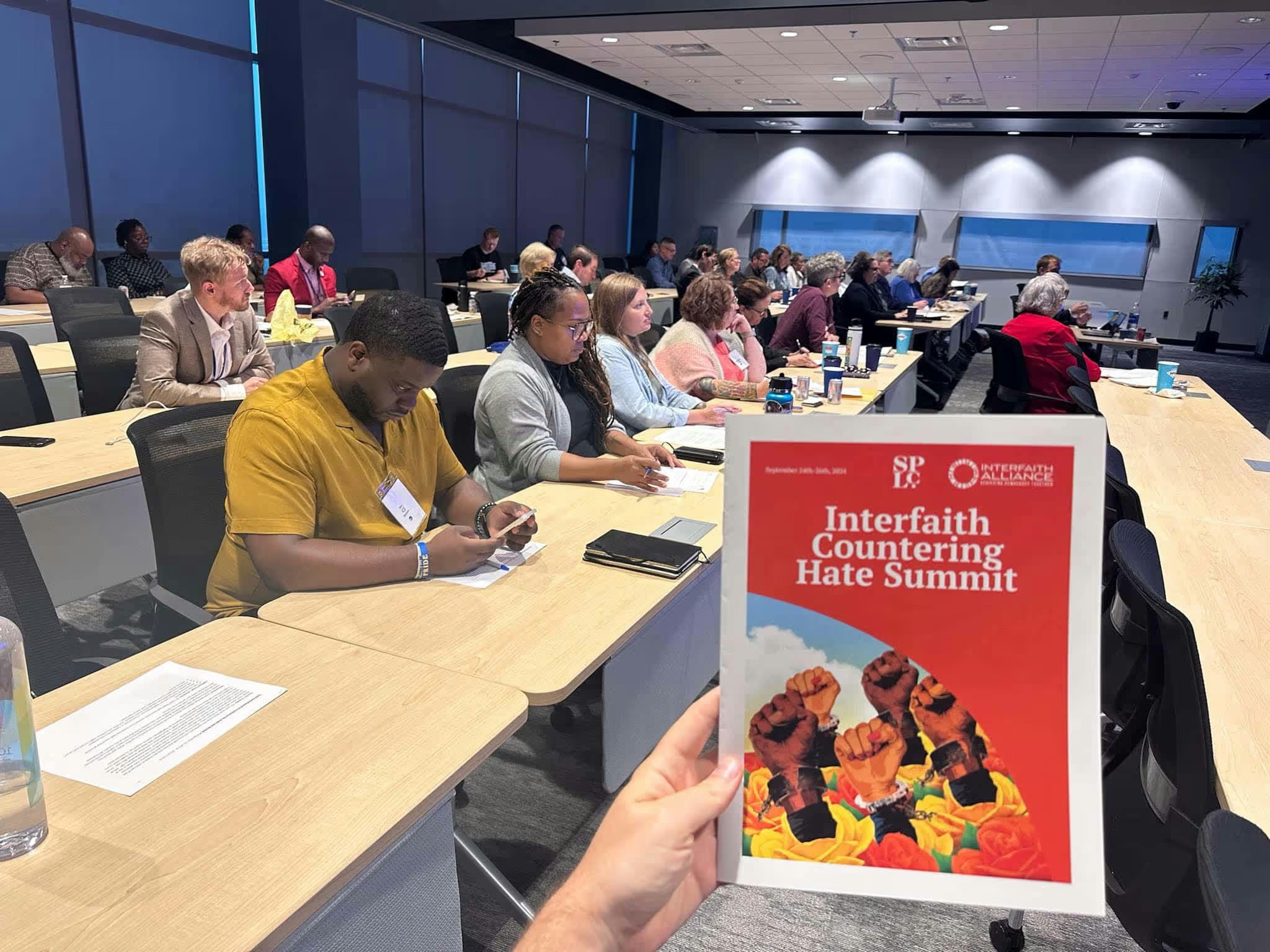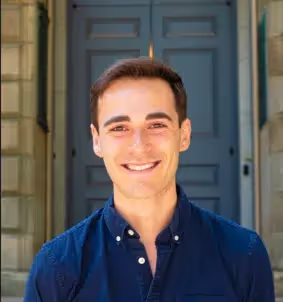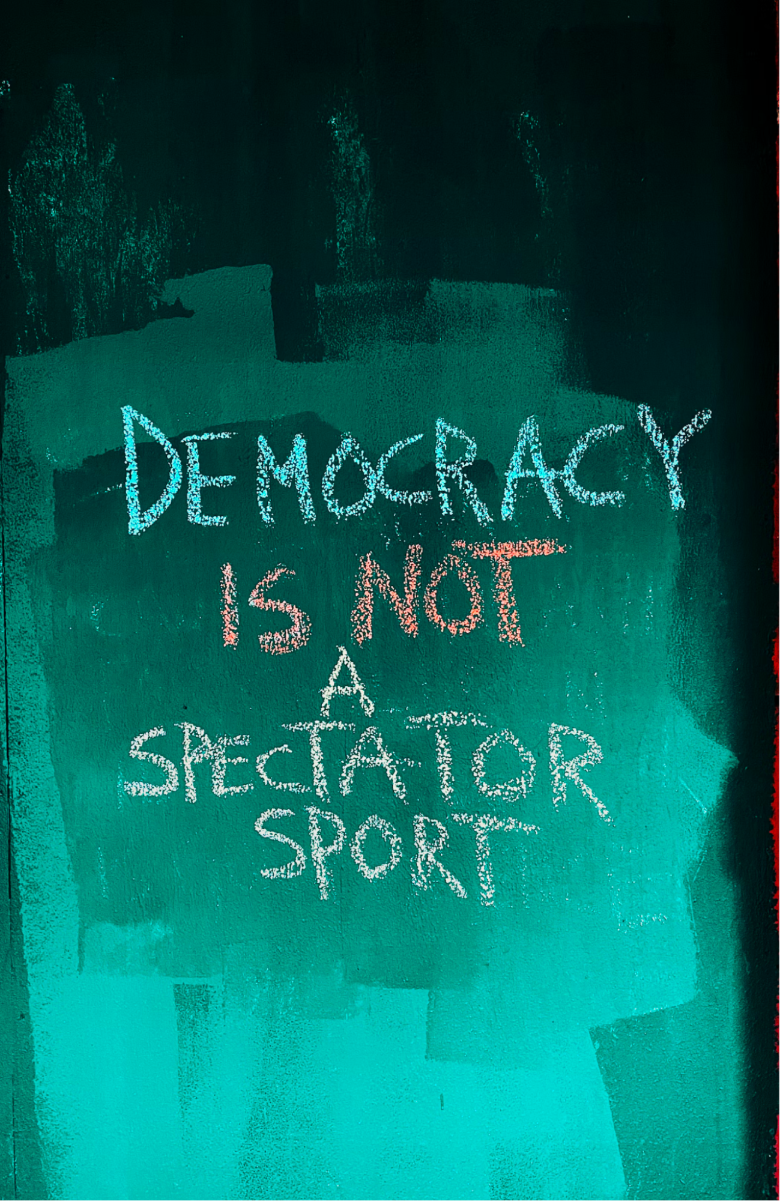
Analysis
Faith communities are clear: We must take on the crisis of hate together
Two weeks ago marked the anniversary of the worst antisemitic shooting in American history. On October 27, 2018, a shooter attacked the Tree of Life Synagogue, killing 11 people and wounding six. Just minutes before entering the synagogue, the shooter posted to his social media account, "HIAS [Hebrew Immigrant Aid Society] likes to bring invaders in that kill our people. I can't sit by and watch my people get slaughtered. Screw your optics, I'm going in." Researchers have long identified a link between anti-immigrant rhetoric and antisemitism. In recent years, the “great replacement theory,” the idea that Jews are manipulating Western elites to “replace” white Americans by boosting immigration, has become widespread in American political life.
Yet instead of marking this solemn date by disavowing the racist and anti-immigrant rhetoric that inspired the attack, six years later, the Republicans hosted a rally at Madison Square Garden that amplified many of these same tropes. One of the opening speeches was by the provocateur Tony Hinchcliffe, who said, "I don’t know if you guys know this, but there’s literally a floating island of garbage in the middle of the ocean right now. I think it’s called Puerto Rico." Former president Trump suggested that FEMA failed to offer sufficient disaster relief during recent hurricanes because of funding to bring in people illegally. And Stephen Miller, one of Trump’s senior advisors, said, "America is for Americans and Americans only."
None of this hatred works in a vacuum. This language divides people against one another while setting the stage for hateful rhetoric to turn into hateful violence, particularly during election years.
In a recent article by the New York Times, Amy Qin describes how xenophobia and hate speech are spiking rapidly in the lead up to this year’s election. The Southern Poverty Law Center’s report “The Year in Hate and Extremism” documented a huge increase in hate groups pushing forward all kinds of hateful ideas to further their white nationalist agendas. This year, right-wing politicians have embraced many of these same conspiracy theories in what is hopefully a misguided effort to win votes.
Here at Interfaith Alliance, we insist that multi-faith solidarity makes us stronger to take on the crisis of hate. At the inaugural Interfaith Countering Hate Summit with the SPLC in Montgomery, we gathered religious leaders and activists from around the country to learn from one another while putting forward a bold vision for the future of our democracy. Just as these forms of hatred cut across religious lines, we build power with our allies to channel our differences to put forward a hopeful vision. While hate may be a powerful organizing tool through fear and intimidation, we insist that there is always another way. As we mourn the anniversary of the Tree of Life shooting and look ahead to the election, we remain committed to combating the crisis of hate together.
Transcript

Pluralism is Democracy in Action
On July 4, America will mark 250 years since the signing of the Declaration of Independence. That day in 1776, the nation’s founders put forward a bold vision for a new democratic experiment, one rooted in shared values, with power derived from the people rather than imposed by a monarch or religious authority:



